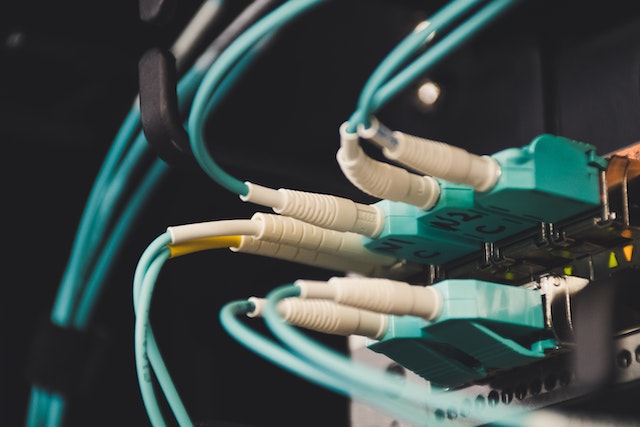In the world of industrial connectivity, M12 cables have emerged as an essential component for data transmission and power distribution. These rugged and versatile connectors are trusted by professionals in various fields, from automation and manufacturing to automotive and robotics. In this comprehensive guide, we’ll explore the ins and outs of M12 cables, helping you understand their applications, benefits, and why they are a go-to choice for so many industries.
What Are M12 Cables?
M12 cables, also known as M12 connectors or M12 connectors with cables, are a type of circular electrical connector commonly used in industrial applications. They come in a variety of sizes and pin configurations, but the most common M12 connector has 4, 5, or 8 pins. The “M” in M12 stands for “metric,” and the number indicates the diameter of the thread in millimeters.
Key Features and Benefits
- Rugged and Durable: M12 connectors are designed to withstand harsh environmental conditions, including dust, moisture, and vibration. They are often rated with an IP67 or IP68 protection class, making them ideal for outdoor and industrial use.
- Quick and Secure Connection: M12 connectors have a screw-locking mechanism that ensures a secure and reliable connection, even in high-vibration environments. This feature makes them a preferred choice for applications where the integrity of the connection is critical.
- Versatility: M12 cables are incredibly versatile. They are used for transmitting power, data, and signals. This versatility means they can be found in a wide range of applications, from Ethernet and USB to sensor connections and power distribution.
- Compact Design: The compact size of M12 connectors makes them suitable for applications with limited space. Their small form factor is particularly valuable in tight industrial installations.
Applications
- Industrial Automation: M12 cables are a staple in industrial automation setups, connecting sensors, actuators, and controllers. They help facilitate communication within automated systems, ensuring smooth operation.
- Machine Vision Systems: In machine vision applications, M12 connectors are used to link cameras and sensors, enabling image data transfer and image acquisition in real-time.
- Fieldbus Networks: M12 connectors are widely used in industrial fieldbus networks, such as PROFINET and EtherCAT. They serve as the backbone for high-speed data communication in manufacturing and process control systems.
- Automotive Industry: M12 connectors are employed in the automotive industry for a range of applications, from powering sensors to connecting electronic control units (ECUs). They are valued for their resistance to harsh automotive environments.
- Food and Beverage Industry: The resistance of M12 connectors to water and chemical exposure makes them suitable for use in food and beverage production, ensuring reliable connections in washdown environments.
Selecting the Right M12 Cable
When choosing an M12 cable for your application, consider the following factors:
- Pin Configuration: Determine the number of pins needed for your application. Common configurations include 4-pin (sensor/actuator), 5-pin (fieldbus), and 8-pin (Ethernet).
- Cable Type: Select the appropriate cable type based on the application requirements, whether it’s for power transmission, data communication, or signal transmission.
- Material and Environmental Considerations: Consider the operating environment and choose cables with the appropriate protection ratings and materials to ensure long-term reliability.
- Connector Orientation: Decide whether a straight or right-angle connector is better suited for your installation.
